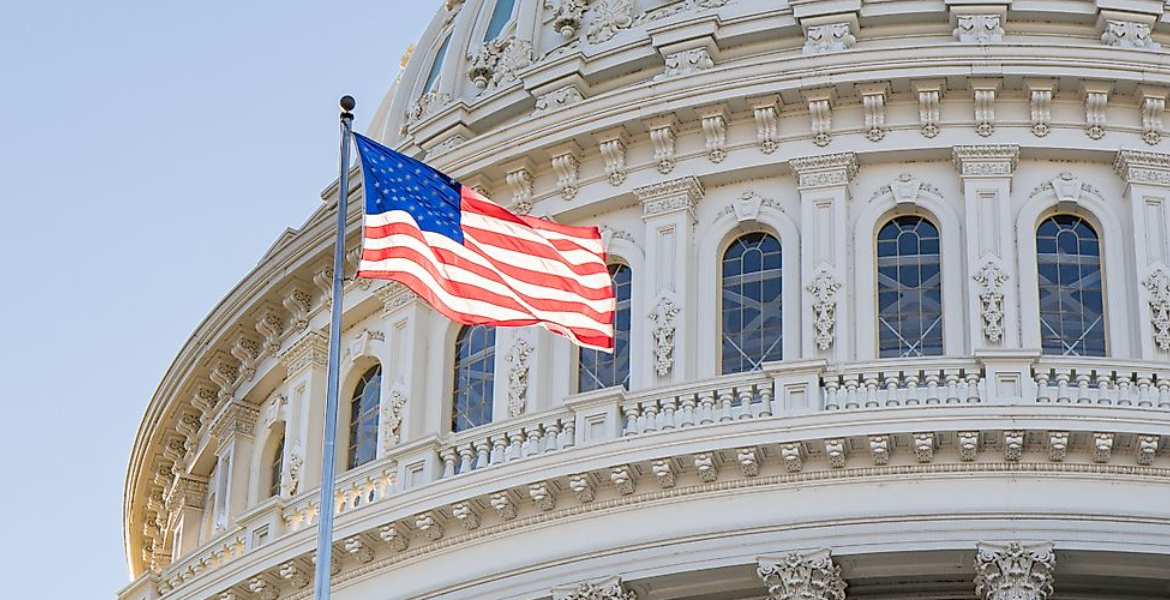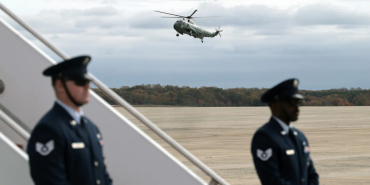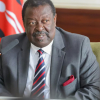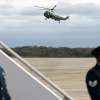US Issues Travel Warning to 36 Nations Over Security Concerns

The United States has issued a stringent ultimatum to 36 countries, predominantly in Africa, demanding significant upgrades to their traveller screening procedures within 60 days.
Failure to comply could result in a comprehensive travel ban, barring citizens of these nations from entering the US. The State Department's directive follows earlier restrictions imposed on a dozen other countries and is justified by the administration as a necessary measure to address national security vulnerabilities stemming from inadequate foreign vetting processes. Principal Deputy Spokesperson Tommy Pigott says that the presidential directive aims to protect the United States from foreign terrorists and other national security and public safety threats.
The core requirements include enhanced document verification processes, stricter controls over visa overstays, and improved cooperation on deportation efforts.
The policy has ignited a wave of criticism, with civil society organisations and human rights advocates denouncing it as discriminatory, particularly against Muslim-majority and African nations. Minnesota State Representative Samakab Hussein describes the development as "devastating," alleging that the "Trump regime are targeting Muslim populated countries".
While the US government maintains that the requirements reflect reasonable international standards, critics argue that imposing a sweeping travel ban could escalate diplomatic tensions and foster a sense of exclusion, particularly as the US prepares to host major international events. Reynold Hoover, CEO of LA28, the organising committee for the 2028 Summer Olympics, has moved to assuage concerns about the Games' accessibility.
He affirms that a "carve-out in the order allows for and assures that there will be access to the Games, the Olympics, for the athletes and their families and the officials," thus ensuring continued international participation.
The timing of the directive has triggered speculation about its broader geopolitical motivations, particularly in the context of the upcoming 2026 World Cup and 2028 Olympics. While the administration positions the requirements as "safeguards", Ediz Tiyansan, reporting from Los Angeles, acknowledges the potential for a total travel ban should countries fail to comply, a scenario that would have far-reaching diplomatic and social repercussions.
The targeted nations now face the dual challenge of navigating complex technical requirements and addressing the political implications of meeting US security demands under intense international scrutiny.








Add new comment